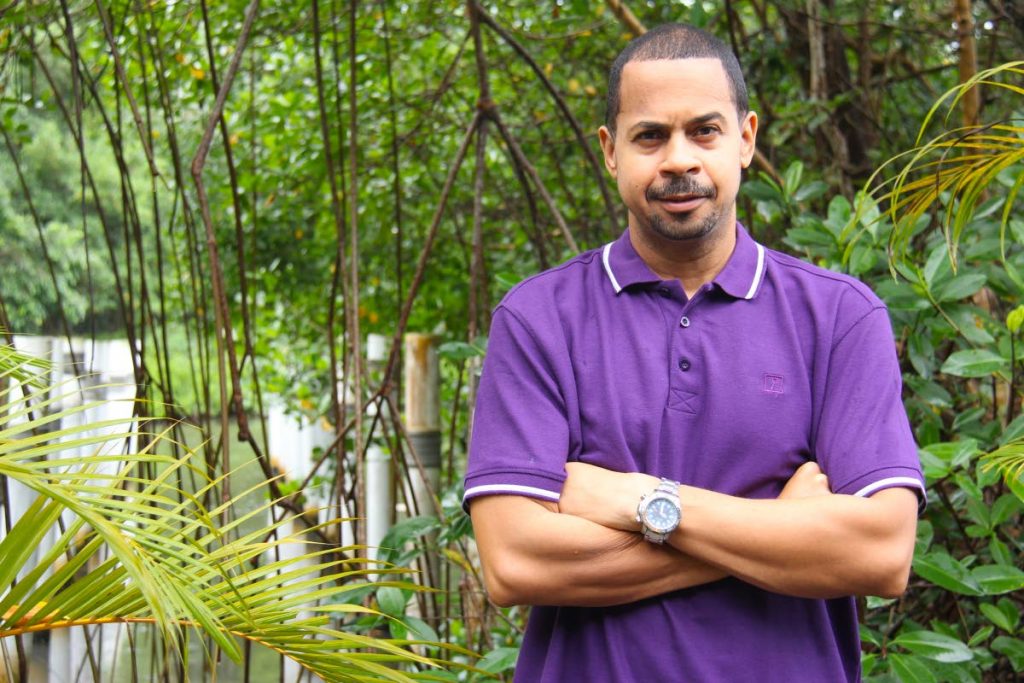SEA – a grim crossroads

"ONE DATA point entry shouldn't determine the trajectory of a child's life. If we agree that all children do not learn at the same pace, then one data point so early in life is an unfair measure of their potential.”
These are the words of my sister, a licensed specialist in school psychology in the US. Her job entails consultations with teachers to offer guidance and recommend strategies for managing challenging behaviour in special education students. This can include evaluations to ascertain whether a student presenting with academic and behavioural difficulties may need additional help and specialised instruction.
She is precisely the sort of skilled education professional we desperately need in this country. Paradoxically, it's also a competency for which we can find no use in this place.
The annual ritual of torture hits its apex through the national announcement of SEA results. The blagosphere effervesced with salutations for children copping places at the prestige school of their choice. It's a rite (wrong?) of passage in which the whole society, abetted bizarrely by the media, acknowledges a small cohort's academic excellence.
Nothing's wrong with celebrating children’s academic achievements. Parents have every right to be proud when their children do well. The SEA exam is the culmination of an arduous journey. More importantly, it's widely recognised as the commencement of another journey – one that can determine the course of a child's entire life.
"He worked so hard and sacrificed so much. This is the payoff!" Heaven is missing an angel. The unfortunate and unintended inference is that other children who didn't get their school of choice along with their parents didn't make the same sacrifices or work as hard.
The SEA and the education system ignore the reality that children are different and learn differently. There are genuinely gifted, bright children; that doesn't mean others are automatically dim. Additionally, socio-economic backgrounds undeniably affect a child's ability to prevail in a system not designed to teach but to certify.
Children have it drilled into them from an early age that the SEA is a pivotal, make-or-break event. They endure living in SEA mode for at least two years, including drills, mock exams, and never-ending lessons, then face a critical crossroads culminating in a conceptually flawed transition process.
This entrenched culture reinforces the belief in many that if you haven't attained your preferred school place, you're not “bright.”
One commentator online confidently suggested such children aren't academically inclined and should be directed towards careers in the trades. This is, of course, nonsense – not that anything is wrong with a trade. Indeed, a competent plumber or joiner is easily worth more than every lawyer on this island.
This country isn't interested in any actual conversation about the SEA examination. The bright brigade, for example, erroneously link criticism of the test to a broader anti-intellectualism movement – people who eschew science and data over gut feelings and Google research. Making such a connection isn't very...bright. Just by the way, there are no discernible impacts of this vaunted brilliance on our sinking idiocracy.
The fact is, the SEA differs little from its predecessor, the Common Entrance exam. While initially intended to incorporate ongoing assessments of children’s performance during their primary-school lives as a percentage of the overall grade attained at the SEA exam, this I understand was abandoned some time ago.
After vouchers for ice cream and pizza for the top students are redeemed, few are inclined to grapple with the cold facts. A total 3,460 students scored less than 30 per cent in the SEA. That's an increase of 1,372 from last year. The number of students achieving 50 per cent or higher fell by around ten per cent.
Additionally, out of nearly 20,000 students, only 587 scored above 90 per cent. While exam scores are not the entire picture, that figure, representing just three per cent of the overall number, seems relatively low.
In primary school, education should be crafted to mould impressionable minds into the creative, innovative, problem-solving humans modern society needs.
This is a crucial stage in a child's development as their minds are supple – one which can have a lasting impact on a child's relationship to the study and learning process. The SEA and backward structures and belief systems that preserve such psychological torments further express our resistance to change. "Let us celebrate the very best and lift up the rest!"
We'll be here again next year, trumpeting the “exam prowess” of a handful while the nation remains anchored by the weight of a broken system we refuse to fix.

Comments
"SEA – a grim crossroads"